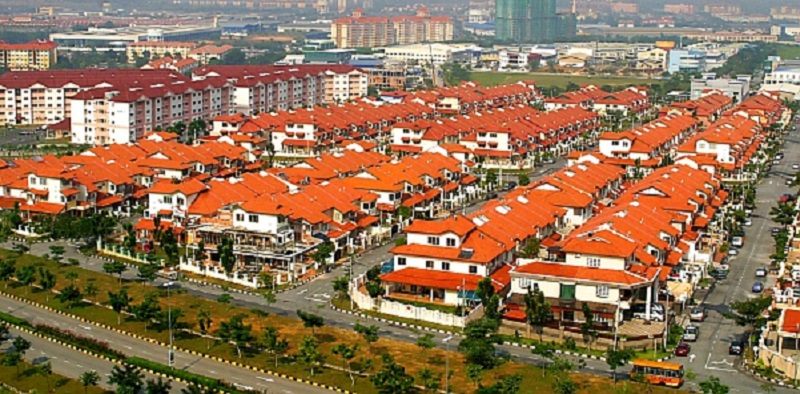The COVID-19 pandemic has shined a new light on the vulnerabilities of low-income families that have been previously taken for granted and ignored. You cannot work from home if you’re a street vendor or factory worker. You cannot easily quarantine or “social distance” when you live in a crowded house without adequate plumbing. You cannot study from home without access to Internet and a quiet space to focus.
Better housing has become a matter of public health. UN Habitat, has called housing both a prevention and a cure for the pandemic – based on data that has revealed increases in fatality rates due to poor housing.
As Winston Churchill famously warned while working to form the United Nations after WWII, “you never want to let a good crisis go to waste.” It’s time for governments around the word to rethink their housing policies and regulations for a post-COVID-19 world – so that they are more fair, inclusive and resilient. Here are five places to start:
1. Invest in quantity but prioritize housing quality. For decades and for a variety of reasons, governments have focused their budgets on supporting new housing developments – even though what most families need is better COVID-19 has shown that poor housing quality can no longer be ignored. What can’t be measured, however, can’t be managed. A recent World Bank study in Latin America revealed that definitions of housing quality varied significantly from one country to another: a qualitative housing deficit equivalent to 23% of a country’s housing stock could rise to 68% when a stricter definition from a neighbor country is applied. Consistent definitions of quantitative and qualitative housing gaps are first required to enable policymakers to get better data on their countries’ housing needs in order to efficiently address them.
2. Abandon the One-Size-Fits-All Model. The pandemic has revealed that the layout, financing, ownership and legal characteristics of a home matter less than its quality. Too often governments have focused on home ownership, yet what matters in times of crisis is the house’s capacity to operate as a shelter, an online school, a virtual workplace, and a space where the sick and vulnerable can feel safe. COVID-19 has made evident that poor quality housing prevents 90% of households in the developing world to comply with WHO recommendations. A case in point is Chile, where the government recently announced an ambitious plan to respond to and recover from COVID-19 –through a combination of new construction, home improvement and rental subsidies.
3. Adapt housing regulations to the local context. Housing regulations exist for good reason. They support conformance to standards that promote physical and mental health, while creating a common neighborhood aesthetic. However, too often regulations are focused on new and complicated structures – punishing most households who live in poor housing. If they are adapted to how people live and build, they can increase housing resilience and social inclusion.
4. Embrace migrants and refugees. Most housing programs worldwide have strict eligibility requirements. Proof of citizenship is usually the first on the list. Yet, as countries around the world cope with a historic influx of migrants, providing housing to non-citizens has become a high priority. Migrants are more likely to live in poor quality housing and tend to be highly exposed to natural disasters – as the recent hurricane in the Bahamas highlighted with Haitian migrant communities hit particularly hard. The COVID-19 pandemic has also forced communities to embrace YIMBYism– where wealthier households welcome the development of affordable homes in their neighborhoods. Singapore has called for a ‘mindset change’ as the government has started rehousing migrant workers who had previously lived in cramped dormitories, whereas Colombia has consistently provided support to Venezuelan migrants who have been hit especially hard by the pandemic.
5. Avoid excluding households and small businesses. Typically, government housing subsidies are not available to owners without a land title – often the very people that need financial help. “Fair” housing cannot discriminate against a large sector of the population. Hazard Maps and Urban Plans are great tools to plan and manage urbanization, but they do not need to exclude the very people they are seeking to protect. Small businesses should also benefit from housing programs and create jobs. Yet, bidding requirements often leave out small businesses.
COVID-19 is a global tragedy that has hit poor and migrant communities without mercy. Let’s not let this crisis go to waste! It is time to rethink housing programs to ensure that they reach families that have traditionally been beyond the helping hand of the State, because they have a different nationality, have occupied land informally, or built their home without a construction license, or because a hazard map or an urban renewal plan ruled their homes to be in the wrong place.
Many countries have embraced the ‘Housing for All’ motto, yet too many restrictions still exist. Investing in safe and better housing for all will not only improve their lives but also make urban areas safer—while supporting faster economic recovery.




